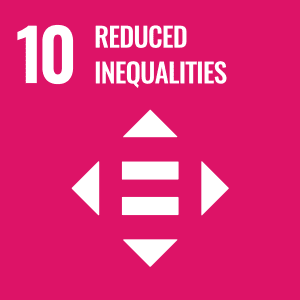

Eat It or Save It
- raises awareness on the social, environmental and economic implications of food waste and on the solutions to address it. It tackles the big paradox between food waste and food insecurity and offers ways to reduce food waste while helping vulnerable communities.
Some Facts

⅓ of all food produced globally is lost or goes to waste. According to the UN, 32.7% of food produced globally is wasted each year, after harvest and at the consumer level. (MOCCAE)

An estimated 1.3 billion tonnes of food were wasted in households, food services, and in retail in 2022,
- The equivalent of 132 kg per capita. (UNEP, 2024)
- The equivalent of the weight of 2900 Burj Khalifas.
- The equivalent of US$1 trillion wasted every year.

Every time you buy an apple and do not eat it, you are wasting 125L of water (The Water Footprint Network)

Food loss and waste account for 8-10% of annual global greenhouse gas emissions. (UNFCCC)
Our Approach
The Eat It or Save It campaign focuses on…
…Reducing Food Loss and Waste: Implementing programs to address food waste across the food value chain through education, awareness, and actionable solutions across diverse stakeholder groups.
…Promoting Mindful Consumption: Empowering consumers to adopt habits that minimize food waste through awareness and behavioral change.
…Driving Climate Action:
Preventing methane emissions by reducing landfill waste and conserving the water, energy, and resources used in food production, processing, storage, and transportation.
…Enhancing Social Equity: Redistributing surplus food to ensure it reaches those in need, maximizing its intended purpose: human consumption.
…Fostering Multistakeholder Engagement:
Harnessing the power of partnerships across public and private sectors, innovation leaders, solution providers, and communities to collectively tackle food waste challenges.

Our Programme
We curate programmes and activities that provide access to health and wellbeing products, services and engagement opportunities for low-income and vulnerable communities, such as:
Meal packing activities: warm meal with fresh produce
Dry food packing activities
Composting workshops and demos
Awareness sessions for public and private entities
Partner with us



Forms of Participation
Eat it or Save it enables multi-stakeholder partnerships across sectors, from the public and private sectors to charities and foundations, in order to maximize impact. We partner with suppliers providing rescued fruits and vegetables and canned water, restaurants to provide the hot meals, corporates to drive CSR engagements, UAE Food Bank to distribute the food to vulnerable communities, recycling company to keep different packaging materials within the circular economy
What do we do about food waste?
Meal Packing Programme Data since inception from October 2022 to December 2024
SDG Alignment

SDG 2
Zero hunger

SDG 10
Reduced inequalities

SDG 12
Responsible consumption and production

SDG 13
Climate Action

SDG 17
Partnerships For The Goals





